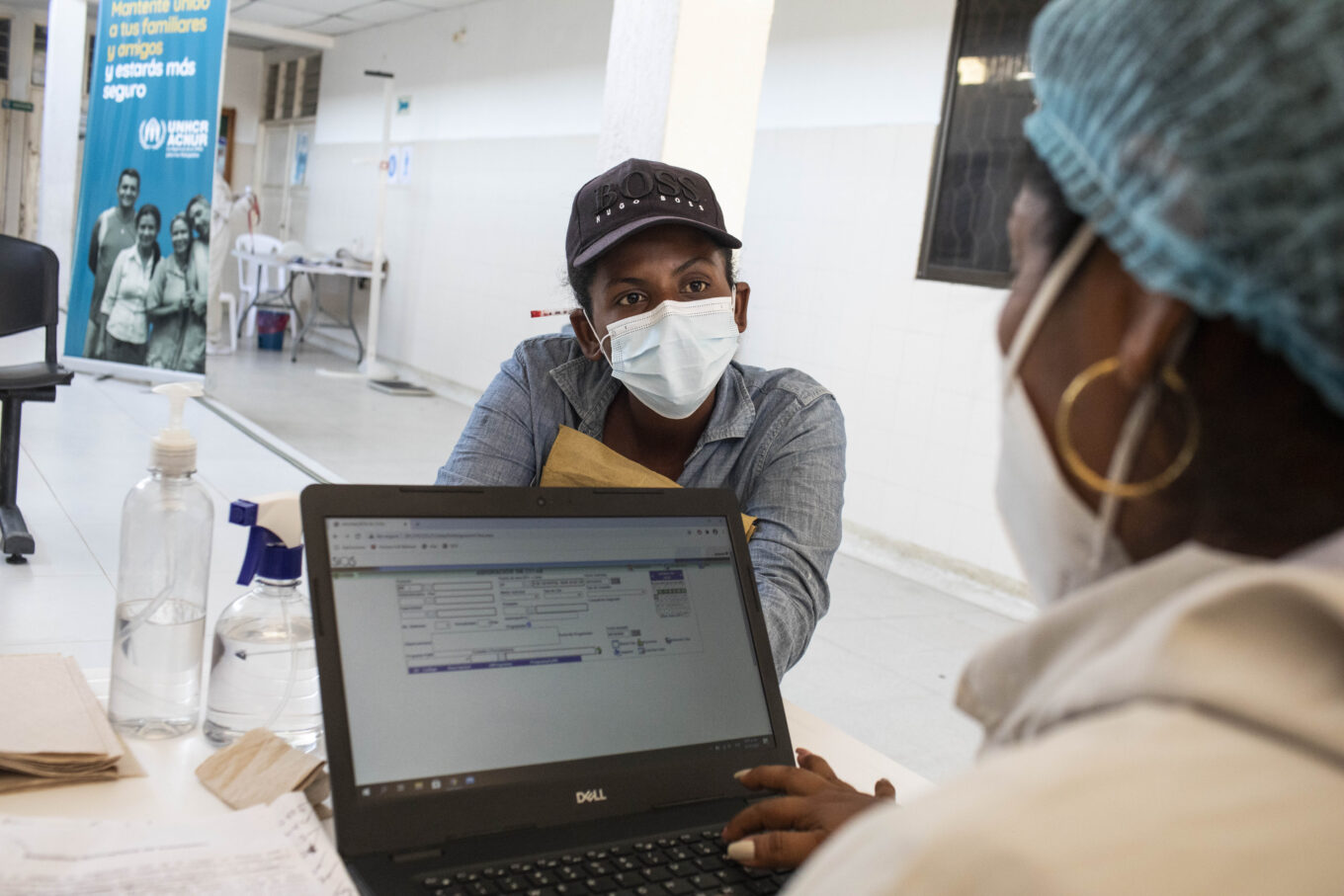
The COVID-19 pandemic has exacerbated the pre-existing protection risks for refugees and host communities and challenged the protection of their fundamental rights. International refugee cooperation is focusing on sustaining the existing responses while tailoring it to address the additional impact of the pandemic on the overall protection environment. Refugee law continues to apply in challenging times, but the international refugee protection regime recognizes that countries may need to adapt their asylum systems to admit those in need of protection while protecting the health of their own populations.
The High-Level Officials Meeting (HLOM) is part of the process of building a long-term framework for the engagement of States and other actors in refugee situations, as set out in the Global Compact on Refugees (GCR). This year’s HLOM took place between December 14-15 and was an opportunity for senior government officials and representatives of relevant stakeholder groups to take stock of progress and maintain the momentum towards achieving the objectives of the GCR.
At the HLOM’s spotlight session on the medium-long term effects of the COVID-19 pandemic on 15th December, emerging findings from a joint evaluation of the protection of the rights of refugees during the COVID-19 were presented by Hon. Esther Davinia Anyakun, Minister of State for Relief, Disaster Preparedness and Refugees of Uganda.
The purpose of this evaluation is to examine the effectiveness of international cooperation, and the combined response of states, agencies and non-government actors, in ensuring the protection of the rights of refugees during the COVID-19 pandemic: to identify emerging good practice, innovation and adaptation to protection responses.
The evaluation is managed by the Evaluation Offices of UNHCR (Chair), Ministry of Foreign Affairs of Finland, Governments of Colombia and Uganda, and the humanitarian system network ALNAP. The evaluation’s reference group is co-chaired by Gillian Triggs, UNHCR’s Assistant High Commissioner for Protection and Susanna Moorehead, the elected Chair of the OECD’s Development Assistance Committee (DAC).
It is being carried out under the auspices of the COVID-19 Global Evaluation Coalition, an independent collaboration of evaluation units from bilateral development cooperation providers, international financial institutions, United Nations system organizations and partner countries
The evaluation report will be finalized and published at the end of February 2022.
Emerging Findings from the Evaluation
